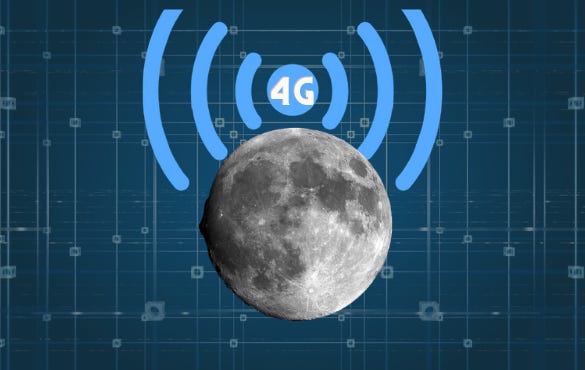1. One to help
A lip-reading app is transforming the way that stroke and tracheotomy patients are communicating with their doctors and carers.
For patients who are unable to speak – relaying their symptoms, needs and desires can be a stressful challenge. This stress has been shown to actually prolong the recovery period.
SRAVI is a simple app that doesn’t require any specialized equipment. A patient who cannot speak just needs to use the camera to mouth the words. The app uses machine learning to interpret what they are saying and displays three statements as options. The patient will select which of the three is the intended statement and this is then displayed to the devices that family and healthcare providers use. There is also a text to speech function to further aid communication.
Whilst SRAVI is still under development, the developers already claim 90% lip reading accuracy. As this technology improves gets more accurate I can envisage a world where people who are unable to vocalize can communicate seamlessly without barriers.
2. One to be wary of
Buried in the chaos of the US election, was the news that the US Department of Justice is filing an anti-trust lawsuit against Alphabet (parent company of Google). The lawsuit alleges that Alphabet is “…unlawfully maintaining monopolies in the markets for general search services, search advertising, and general search text advertising in the United States through anti-competitive and exclusionary practices…”
In particular, Google’s payments to Apple and Samsung (among others) to ensure that Google is set as the default search engine, is seen as anti-competitive and monopolistic. This essentially blocks competitors in the search space who do not have the same deep pockets.
Since users rarely change the default option on their phone, Google dominates up to 90% of mobile web searches in the US.
There are many possible outcomes of this suit ranging from absolutely nothing, to the breakup of Google into separate entities. Given that anti-trust law in the US is notoriously complex and difficult to prove I imagine the likely result will be a slap on the wrist and some “requested behaviour change.”
However the fact that I am unable to delete Google’s Chrome browser off my Samsung phone (I can only disable it), is proof that the suit is worth the time and expense. If nothing else just to fire a warning shot across the bow. In the meantime I will continue to use the Brave browser and search using DuckDuckGo.
3. One to amaze
Houston, we have a problem. Astronaut Dave is too distracted by TikTok to complete the mission.
NASA and Nokia are set to establish a 4G network on the moon! Who says that Nokia hasn’t done anything innovative since 2007?
As part of its Artemis Program, NASA has paid $14.1 million to Nokia to establish the network. In NASA’s words, “The system could support lunar surface communications at greater distances, increased speeds, and provide more reliability than current standards.” The target is to have the network up and running by late 2022 and get astronauts on the moon again by 2024.
In addition to command and control functions, 4G will allow astronauts to:
- create a map of the lunar surface and use it in real-time
- communicate with lunar devices
- make voice and video calls from the moon.
But that’s not all. The Artemis Program seeks to put up a sustainable human presence on the moon by 2030. If successful, the technologies deployed on the moon will also help in the next step: sending humans to Mars. If they can stop scrolling their Insta feeds that is…
Have a great week.
Daniel J McKinnon
PS – A huge focus of my last 10 years has been technology that removes barriers for the deaf, hearing-impaired and non-verbal communities. As part of our 10 year relationship with the former provider of the National Relay Service our company developed super-innovative technology that enables communication for all. Some of our proudest work. Please get in touch if our experience may benefit your work.
